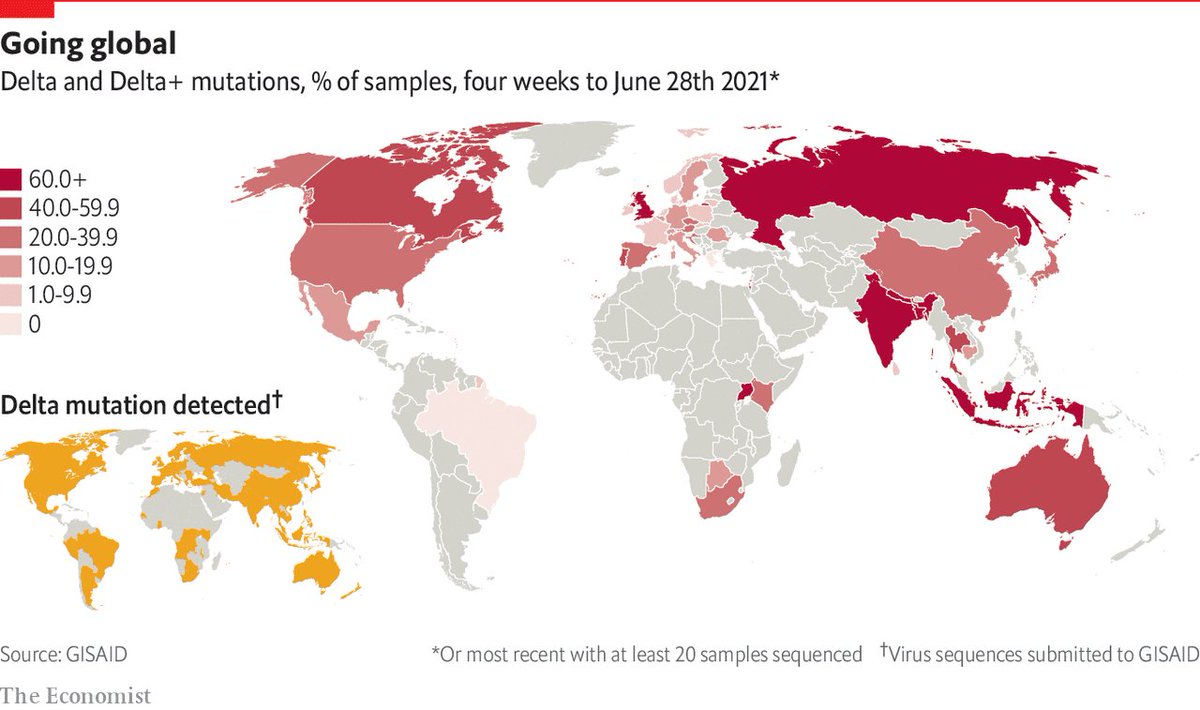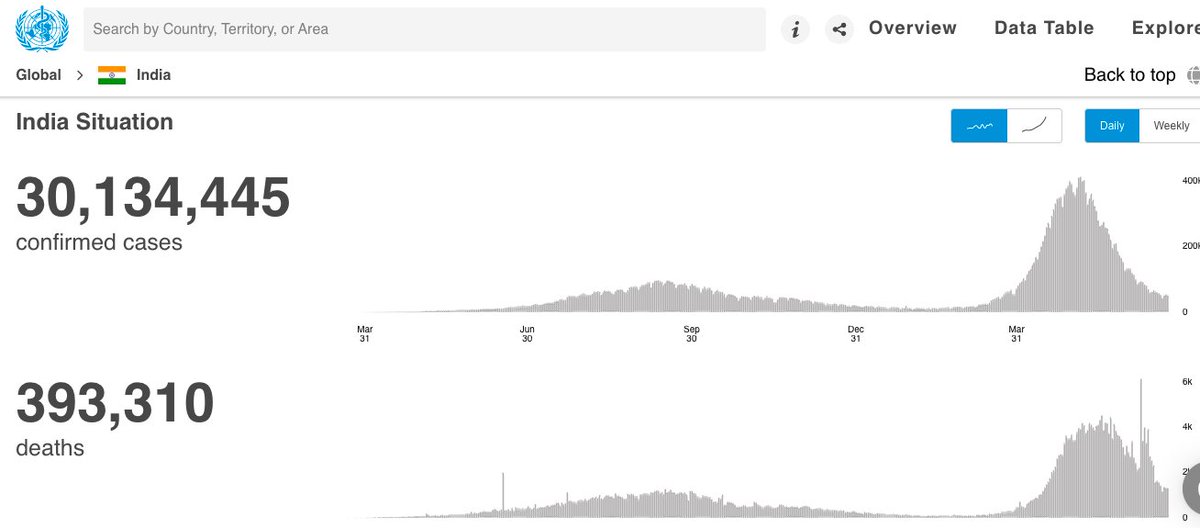
This is such an important concept to understand. Very often, the public & even a lot of physicians equate the success of a screening test to detecting cancers early when patients are asymptomatic / improved survival amongst those detected to have cancer. This is inherently flawed
https://twitter.com/NCIprevention/status/1418604378374684675
Why are early detection & improved survival not sufficient to proclaim success of a screening test?
While it seems intuitive, these two do not actually translate into lives saved
This doesn't seem logical, but it's true
While it seems intuitive, these two do not actually translate into lives saved
This doesn't seem logical, but it's true
This is because all cancers are not lethal, and merely detecting a cancer earlier than it would otherwise have been detected does not necessarily mean improved outcomes. To understand this, we need to understand three important biases inherent to screening studies
These are explained beautifully by Patz EF, Goodman PC, in Screening for lung cancer. NEJM 2000; 343: 1627-33
1. Lead time bias: In the example shown, the diagnosis of disease is made earlier in the screened group, resulting in an apparent increase in survival
time (lead-time bias), although the time of death is the same in both groups.
time (lead-time bias), although the time of death is the same in both groups.

2. Length time bias: The probability of detecting disease is related to the growth rate of the tumor. Aggressive, rapidly growing tumors have a short
potential screening period (the interval between possible detection and the occurrence of symptoms)
potential screening period (the interval between possible detection and the occurrence of symptoms)

Thus, unless the screening test is repeated frequently, patients with aggressive tumors are more likely to present with symptoms. More slowly growing tumors have a longer potential screening period and are more likely to be detected when they are asymptomatic.
As a result, a higher proportion of indolent tumors is found in the screened group, causing an apparent improvement in survival, without actually saving lives.
3. Overdiagnosis bias: This is an extreme form of length-time bias. The detection of very indolent tumors in the screened group produces apparent increases in the number of cases of cancer (three in the screened group in the figure and one in the control group) 

It also appears to (spuriously) improve survival (2 of 3 patients in the screened group were treated and died of natural causes, without evidence of disease [66% survival], and the 1 patient in the control group did not survive [0% survival])
As you can see, there is no effect on mortality (one death from lung cancer in each group). Two patients in the control group died with undiagnosed lung cancer that did not affect their natural life span. This is overdiagnosis, which is the bane of screening
This is why the only reliable outcome of interest in screening studies or tests is reduced mortality. Not early detection, not identifying asymptomatic patients with cancer, and yes, not even survival.
We have had far too many studies recently claiming that screening tests work because they detect asymptomatic people with cancer earlier, and that they improve survival. Some of these include blood tests which pick up mutations or markers of cancer. These claims are flawed
It is important that the general public and physicians do NOT get carried away by these claims. Screening at population level should be implemented only if decreased mortality is demonstrated in randomized trials.
• • •
Missing some Tweet in this thread? You can try to
force a refresh












